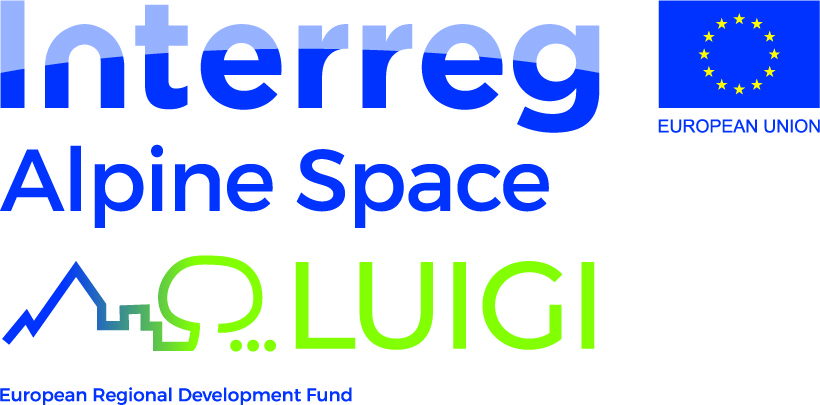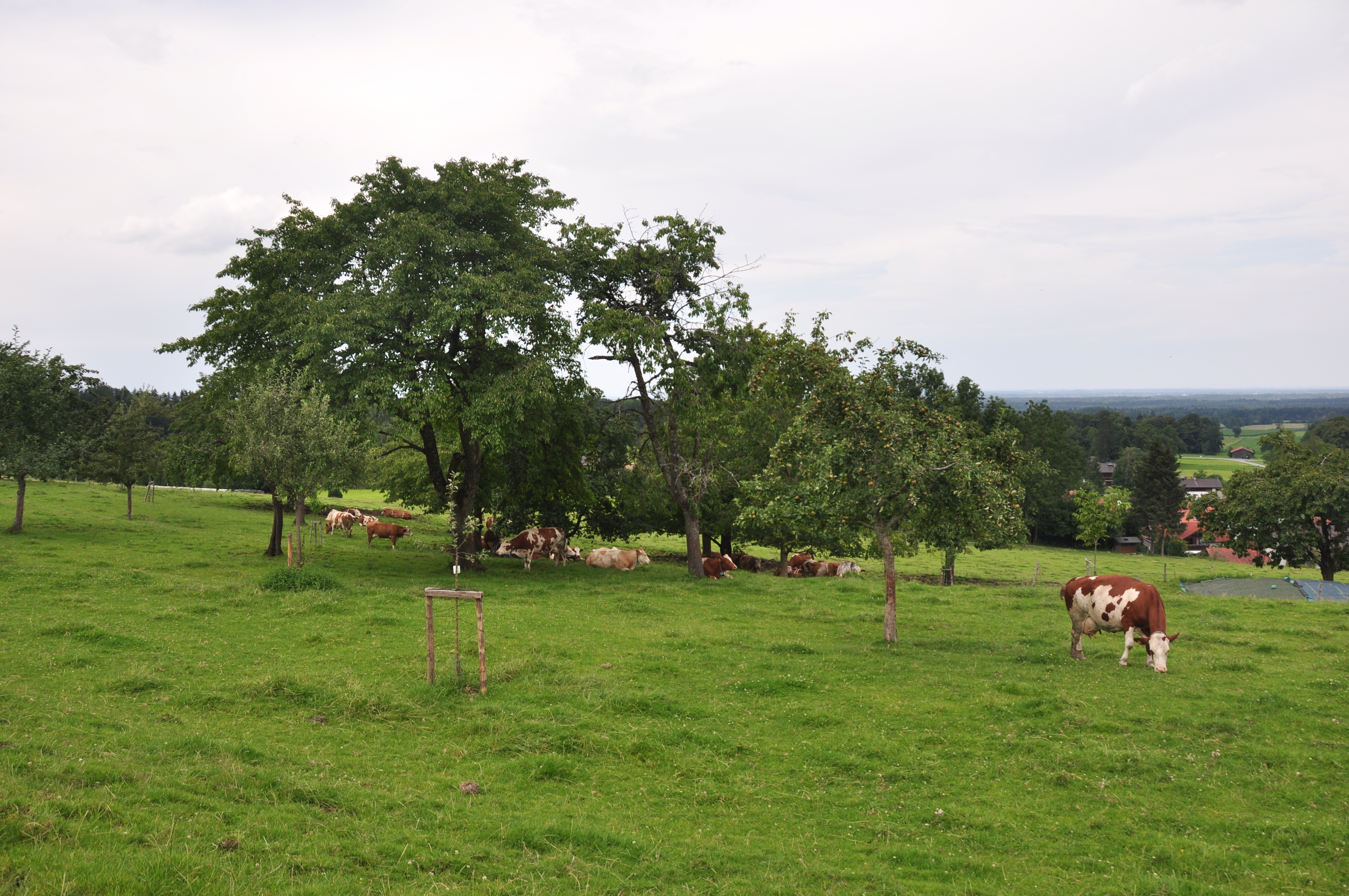EURAF member Rico Hübner, working at the Chair for Strategic Landscape Planning and Management at the Technical University of Munich, build a consortium partnership with Weihenstephan-Triesdorf University of Applied Sciences.
The main focus of his contribution to LUIGI consists in the support of work package 3 "Participatory and governance approaches for spatial development of GI in the pilot regions of LUIGI". He will, together with his collegue Werner Rolf, contribute to a) the identification of pilot-regions, status analysis and governance approaches for GIs within the Alpine Space; b) co-creation and co-production of knowledge for the development of transferable strategies of GIs in the Alpine region c) framework for transferring approaches to GI governance between the Alpine countries. Furthermore we are in response of in-depth analysis of case studies of LUIGI in the different countries.
Follow the sub-project on Research Gate!

Aim of the Project: The project LUIGI – Linking Urban and Inner-Alpine Green Infrastructure – Multifunctional Ecosystem Services for more liveable territories aims at shaping a transalpine network of Green Infrastructure (GI) as ecological, economic and cultural connectivity factor of rural and urban Alpine territories. The project aims to implement EUSALP political declaration by states and regions on GI. Based on EU standards for GI and ESS (e.g. MAES) and outcomes of ASP projects (e.g. AlpES, AlpFoodWay), representative GIs (traditional and modern agroforestry systems such as food-tree-based land use systems, metropolitan farms, etc.) and value-chains for goods and services are analysed, related business models, financial and policy instruments are framed and spread.
Based on harmonised procedures, representative cities, metropolitan & rural areas from six countries are covered. Findings are transferred on the transnational Alpine scale via existing networks (e.g. protected areas, LEADER, LOS-DAMA!-Alpine city network, METREX). Novel mechanisms of local empowerment, creative involvement of target groups (citizen science & design thinking), training & education of students & practitioners are set up.
Funding: EU Interreg Alpine Space
Coordination: Metropolitan City of Milan
Participating organizations: Lombardy Foundation for the Environment Metropolitan City of Turin, Italy; European Academy Bozen, Italy; Bavarian State Ministry of Food, Agriculture and Forestry, Germany; Weihenstephan-Triesdorf University of Applied Sciences (HSWT), Germany; Grenoble-Alpes Metropolis, France; Alpine Network of Protected Areas (ALPARC), France; Regional management Burgenland, Austria Salzburg Institute for Regional Planning and Housing, Austria, Foundation Pro Terra Engadine, Switzerland; Research Institute of Organic Agriculture (FIBL), Switzerland; Agricultural Institute of Slovenia, Slovenia; Development Agency of Idrija and Cerkno, Slovenia;












